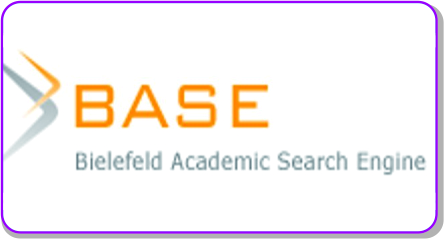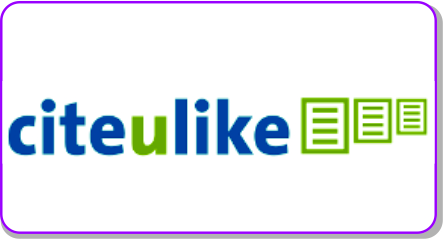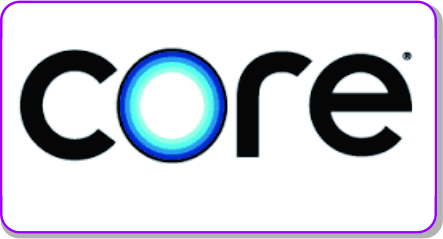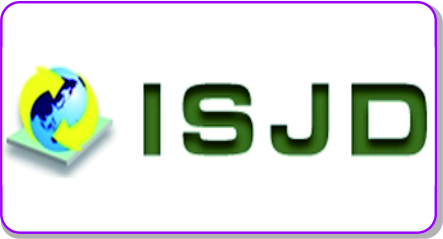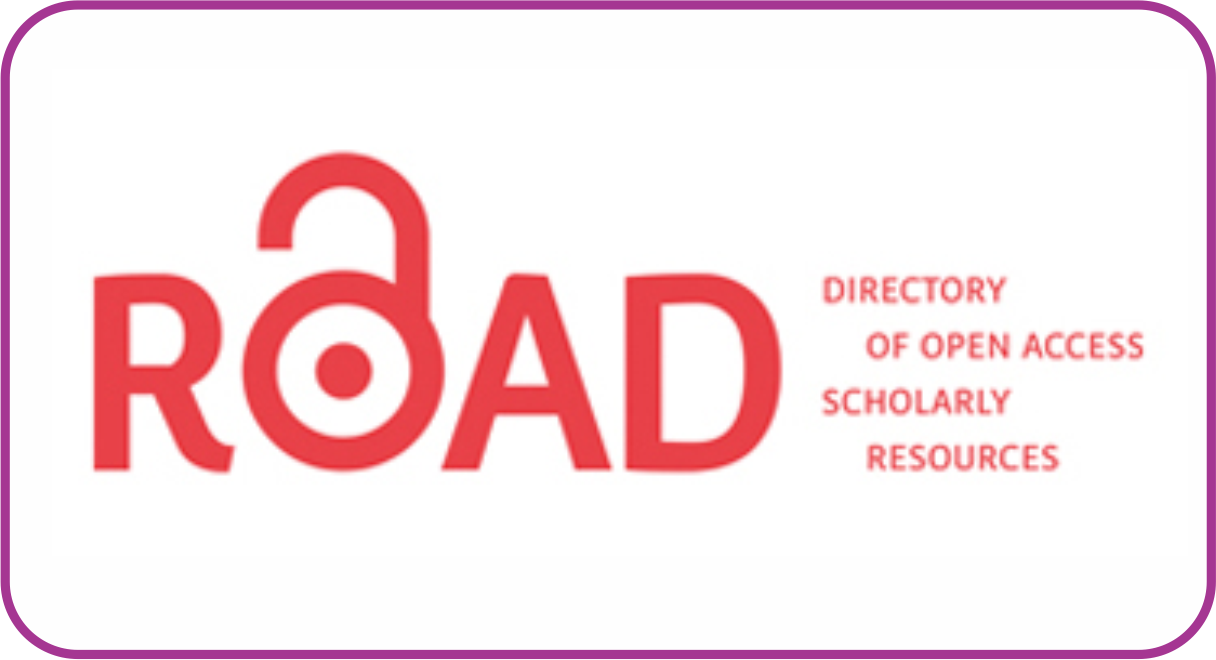Instructional Leadership Role Through Kurt Lewin's Model to Enhance Culture of Change in Teacher Capabilities
DOI:
https://doi.org/10.30983/educative.v8i2.7464Keywords:
Instructional Leadership, Change Management, Learning, Kurt Lewin ModelsAbstract
The purpose of this research is to describe (1) the essence of instructional leadership in change management in educational institutions and (2) the change process in an elementary school during the unfreezing, movement, and refreezing stages to enhance the teaching capabilities of a teacher at SD Negeri Wonokerto 04. The research method used is qualitative, using a phenomenological approach with a case study design at SD Negeri Wonokerto 04, Malang Regency. The data were collected using three techniques: in-depth interviews, participant observation, and documentary study. The analysis technique used is single-case analysis. To ensure data validity, the researcher performed triangulation, member checking, prolonged observation, and reference material adequacy activities. The results of this study indicate that instructional leadership plays a role as a controller in the change process. The micro-educational institution's change process in enhancing the teaching capabilities of teachers follows Kurt Lewin's change model, which consists of three phases: a) the unfreezing process using symposiums and "Kultin" (Routine Spiritual Sessions); b) the movement process using a workshop and the formation of an assistant team consisting of fresh graduate teachers; and c) the refreezing process carried out through collaborative workshops with SD Negeri Wonokerto 01 and the initiation of meta-learning.
Tujuan penelitian ini untuk mendiskripsikan tentang: (1) esensi instructional leadership dalam manajemen perubahan pada lembaga pendidikan; (2) proses perubahan sebuah SD saat proses unfreezing, movement dan refreezing dalam peningkatan kapabilitas mengajar seorang guru SDN Wonokerto 04. Metode penelitian yang digunakan yaitu kualitatif melalui pendekatan fenomenologi dengan rancangan studi kasus di Sekolah Dasar Negeri Wonokerto 04, Kabupaten Malang. Data yang dikumpulkan dengan menggunakan 3 teknik, yaitu: wawancara mendalam, observasi peran serta, dan studi dokumentasi. Teknik analisis yang digunakan yaitu analisis kasus tunggal. Untuk memperoleh keabsahaan data, peneliti melakukan kegiatan triangulasi, pengecekan anggota, ketekunan pengamatan, dan kecukupan bahan referensi. Hasil dalam penelitian ini adalah instructional leadership mengambil peran sebagai pengendali proses perubahan dan proses perubahan sebuah lembaga mikro pendidikan dalam peningkatan kapabilitas mengajar guru yang mengacu pada teori perubahan model Kurt Lewin yang terdiri dari tiga fase, yaitu a) proses unfreezing menggunakan simposium dan Kultin (Kultum Rutin); b) proses movement menggunakan sebuah workshop dan pembentukan tim pembantu dari guru fresh graduate; dan c) proses refreezing dilaksanakan dengan workshop kolaborasi bersama SD Negeri Wonokerto 01 dan inisiasi meta learning
References
Book
Denning & Tedre, Compitational Thinking (Massachusetts: The Mit Press, 2019)
Ditjen PMPTK, Kepemimpinan Pembelajaran: Materi Penguatan Kepemimpinan Kepala Sekolah, 2010
Esther Cameron and Mike Green, Praise for the Previous Editions of Making Sense of Change Management, Making Sense of Change Management, 2012
Hiatt, Jeffrey M, and Timothy J Creasey, Advance Praise for Change Management : The People Side (Colorado: Prosci. Inc, 2012)
John Hayes, The Theory and Practice of Change Management (London: Palgrave Macmillan, 2014)
Kanter R.M., The Change Master (New York: Simon & Schuster, 1983)
Kusmintardjo, Kepemimpinan Pembelajaran Sekolah Dalam Meningkatkan Kinerja Guru Studi Multi Kasus Pada Dua SMU Di Kota Pemalang. Desertasi Tidak Diterbitkan. (Malang: Pasca Sarjana Universitas Negeri Malang, 2003)
Kusumaningrum, Desi Eri dan Benty Djum Djum Noor, Buku Ajar Manajemen Peserta Didik (malang: Jurusan Administrasi Pendidikan Fakultas Ilmu Pendidikan Universitas Negeri Malang, 2013)
Redfield, Charles, Communication In Management (Chicago: The University Of Chicago Press, 1958)
Robbins, S., Perilaku Organisasi (Jakarta: Gramedia, 2003)
Triwiyanto, Teguh., Pengantar Pendidikan, ed. by Yayat Sri Hayati, 3rd edn (Jakarta: Bumi Aksara, 2017)
Wiyani, Novan Ardy, Manajemen Kelas : Teori Dan Aplikasi Untuk Menciptakan Kelas Yang Kondusif, ed. by Rose Kusumaningrum. Ratri, 2nd edn (Jogjakarta: AR-RUZZ MEDIA, 2017)
Wiyono, B.B, Metodologi Penelitian (Pendekatan Kuantitatif, Kualitatif, Dan Action Research) (Malang: Fakultas Ilmu Pendidikan Universitas Negeri Malang, 2006)
Scientific Journal
Bhardwaj, Ajay, ‘Importance of Education in Human Life: A Holistic Approach’, Copyright IJSC, 2.2 (2016), 2455–2038
Bobek, Eliza, and Barbara Tversky, ‘Creating Visual Explanations Improves Learning’, Cognitive Research: Principles and Implications, 1.1 (2016), 1–14 <https://doi.org/10.1186/s41235-016-0031-6>
Cook, Sarah, and Steve Macaulay, ‘Change Management Excellence: Using the Five Intelligences for Successful Organizational Change’, London And, (2004), 233
Demir, Fatih, So Mi Kim, Neeley Current, and Isa Jahnke, ‘Strategic Improvement Planning in Schools: A Sociotechnical Approach for Understanding Current Practices and Design Recommendations’, Management in Education, (2019) https://doi.org/10.1177/0892020619847681
Nauval Bhayangkara, Athalla, Dandy Bayu Firdaus, and Tanti Minawati Pratiwi, ‘Vark Questionnaire Online Platform as a Spearhead for the Effectiveness of Styles and Methods of Teaching Teachers’, (2020) <https://doi.org/10.2991/coema-19.2019.11>
OECD, ‘Indonesia - Country Note - PISA 2018 Results’, OECD Publishing, (2019), 1–10
Rahmawati, Nofiana Ika, ‘Pemanfaatan ICT Dalam Meningkatkan Kemampuan Literasi Matematika’, Prisma, 1 (2018), 381–87
Saputra, Bagus Rachmand, Imron Arifin, and Ahmad Yusuf Sobri, ‘Internalisasi Nilai-Nilai Religius Pada Keterampilan Manajerial Kepala Sekolah’, JMSP: Jurnal Manajemen Dan Supervisi Pendidikan, 4.2017 (2020), 77–82
Stephen, Dinham, ‘Principal Leadership for Outstanding Educational Outcomes’, Journal of Educational Administration, 43.4 (2005), 338–56 <https://doi.org/10.1108/09578230510605405>
Sunandar, Asep, Mutmainnah Mutmainnah, Hasan Argadinata, and Muhammad Zidni Ilman Nafi’a, Effort to Improve Teacher Teaching Skills Through Learning Innovation Training, Proceedings of the International Conference on Educational Management and Technology (ICEMT 2022) (Atlantis Press SARL, 2023) <https://doi.org/10.2991/978-2-494069-95-4>
Wan, Chang Da, Morshidi Sirat, and Dzulkifli Abdul Razak, ‘Education in Malaysia Towards a Developed Nation’, Yusof Ishak Institute, 1.4 (2018), 20
Wrahatnolo, T., and Munoto, ‘21st Centuries Skill Implication on Educational System’, in IOP Conference Series: Materials Science and Engineering,(2018) <https://doi.org/10.1088/1757-899X/296/1/012036>
Downloads
Submitted
Accepted
Published
Issue
Section
License
Authors who publish with this journal agree to the following terms:
1. Authors retain copyright and grant the journal right of first publication with the work simultaneously licensed under a Creative Commons Attribution License that allows others to share the work with an acknowledgment of the work's authorship and initial publication in this journal.
2. Authors are able to enter into separate, additional contractual arrangements for the non-exclusive distribution of the journal's published version of the work (e.g., post it to an institutional repository or publish it in a book), with an acknowledgment of its initial publication in this journal.
3. Authors are permitted and encouraged to post their work online (e.g., in institutional repositories or on their website) prior to and during the submission process, as it can lead to productive exchanges, as well as earlier and greater citation of published work (See The Effect of Open Access).

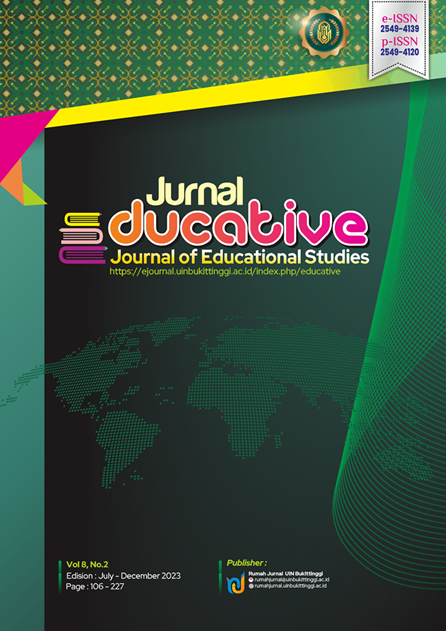



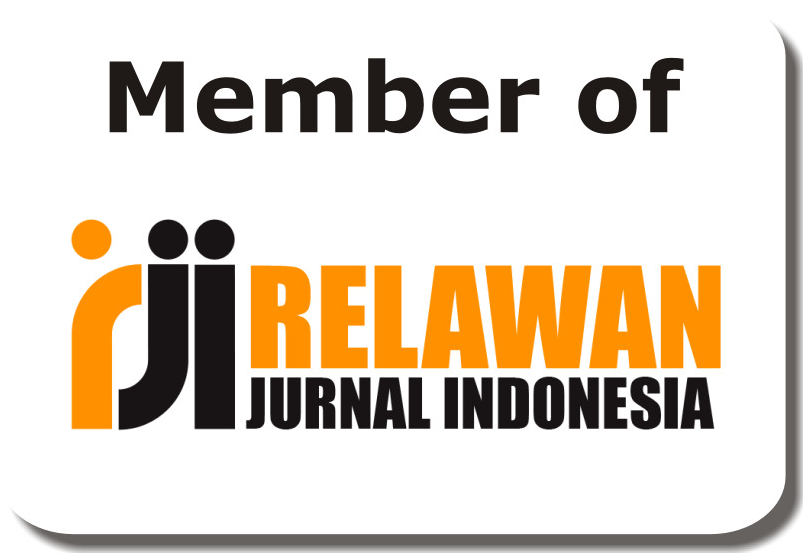


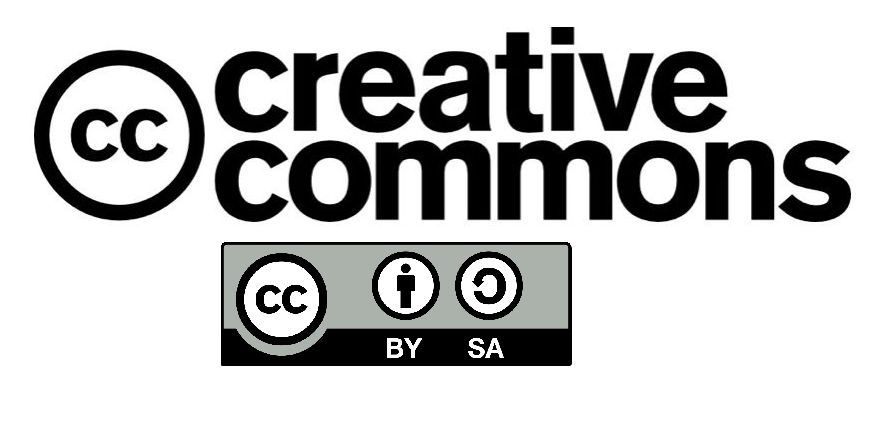


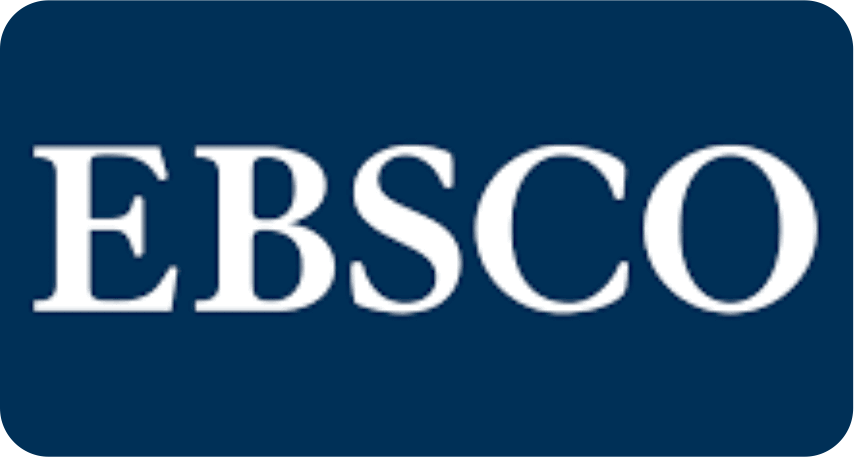






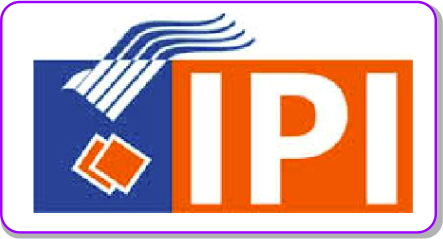 Â
 
